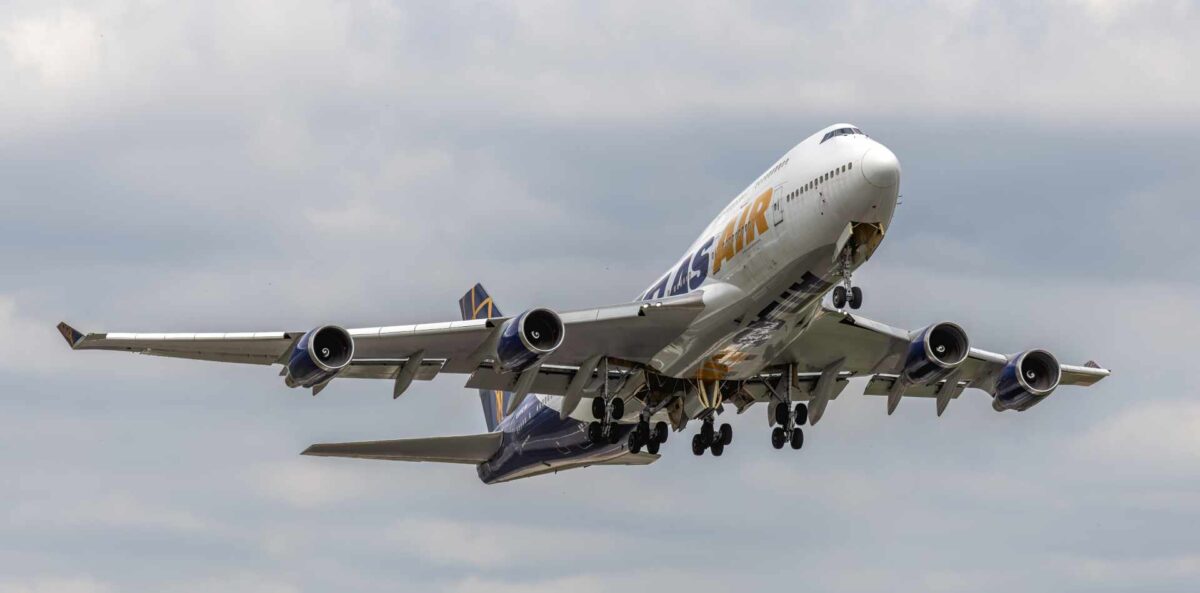Over 33,000 Boeing workers in Washington state and Oregon, represented by the International Association of Machinists and Aerospace Workers (IAM local 751 and W 24) have been on strike against the aerospace giant since early September. Despite US government pressure to settle the dispute and loudly voiced concerns from employer class spokesmen about the strike’s impact on supply chains and the larger US economy, the Boeing workers voted by a 64 per cent majority to reject the company’s latest offer. In an example of pro-business pressure for a settlement, the Republican governors of Missouri, Montana and Utah (Governors Mike Parson, Greg Gianforte and Spencer Cox), wrote a letter urging Boeing and the union to end the strike, expressing their concern as to the “far-reaching” impact on their states and on Boeing’s supply chain.
And Ken Herbert, an analyst with RBC Capital Markets, after the contract rejection told investors that “the clock is ticking for Boeing.”
“The potential impact of the strike on the supply chain is becoming a greater concern,” he wrote.
While discussions between the union and employer reopened on October 29, Boeing workers seem determined to hold on until they get a settlement that restores pension entitlement lost in a hated giveaway contract a decade ago. They are also calling for other contract improvements. Rank and file militants at Boeing are leading the fight and have called for international solidarity.
At a meeting held on October 27, 175 workers from Canada, Australia, Germany, Britain, Brazil, and from across the US, called on workers world-wide to support the Boeing strike.
The issues in this dispute have profound implications for Canadian workers. Daniel, a Canadian postal worker who attended, told the meeting: “The fact remains that our unions are aligned in a corporate tripartite alliance with the government and with management. The cowardly union bureaucrats, IAM and CUPW (Canadian Union of Postal Workers) included, would never dream of defying strike-breaking legislation, which would require the broad mobilization of workers across industry and across geographic lines, such as we are doing right now.”
Andy Niklaus, a bus driver from Germany, told the Boeing workers: “I would like to start by expressing our unreserved solidarity and support for your strike. We are very impressed that for the second time you have rejected, by a large majority, the miserable collective agreement drawn up and signed by the bureaucrats of the IAM. We must fight back all attacks on wages, working conditions and pensions. And we have to defend all jobs,” he said, noting that more than 120,000 jobs in the German auto sector were threatened.
The Boeing workers will need all the support they can muster. Boeing spokespeople have insisted that there is “no scenario” in which the company will restore the pension entitlements given away by union leadership a decade ago, and the company has already enacted a brutal retaliation against strikers by cutting their health care coverage.
And the business press is buzzing with alarmist claims that the strike will cripple Boeing, despite the fact that wages and benefits for workers at the aerospace giant only represent five per cent of the company’s production costs, and despite the fact that Boeing’s current troubles have more to do with management’s cost cutting measures and the resulting disastrous safety issues with Boeing planes than with what the company pays its workers.
Apart from the general need for international solidarity when workers square off against big companies with global reach , there are ways that the strike at the aerospace multinational engages issues that are vital for Canadian workers. It is in our interest to support the Boeing militants, as well as being the right thing to do ethically. Although the IAM’s international membership of 600,000 workers give it some leverage, real questions exist about how far the union leadership is willing to go to win its stated demands.
For the Boeing workers, restoring the pension plans frozen a decade ago is a key issue, and Canadian workers, too, know what it is like to work without adequate pension protection, in both the public and private sectors. According to the National Association of Federal Retirees: “The percentage of public-sector employees who have DB (defined benefit) plans has declined by about four per cent over the past 20 years while the number of private-sector DB pension plans has dropped from 21.9 per cent in 1997 to 9.2 per cent in 2017, as many employers move toward defined-contribution plans, putting investment risk on employees’ shoulders. Two-thirds of Canadians do not belong to a workplace pension plan at all, and these numbers are not improving. Many argue that governments and public-sector employers should also move away from DB plans, as seen in New Brunswick where the provincial government moved public-sector pensions to “shared-risk” plans. Other provinces, such as Nova Scotia and Manitoba, are considering similar moves.”
Although Canadian levels of unionization are higher than those in the US, and consequently workers here do enjoy more union benefits than workers in the States, our levels of union membership are lower than they used to be and the dire, looming prospect of a Conservative win in the next federal election may well lead to new attacks on unions and the rights Canadian workers have won over the last century. And as the Canadian postal worker quoted above suggests, we cannot always count on union leaders to fight as hard as they should to forestall such attacks and develop fightback tactics. Canadian workers should find ways to support the militants spearheading the Boeing struggle directly by linking to organizations like the Boeing Workers Rank-and-File committee at [email protected] and by pushing our unions to support the Boeing struggle. We are all in the same boat on both sides of the border, and the employers mean to sink it if they can.



